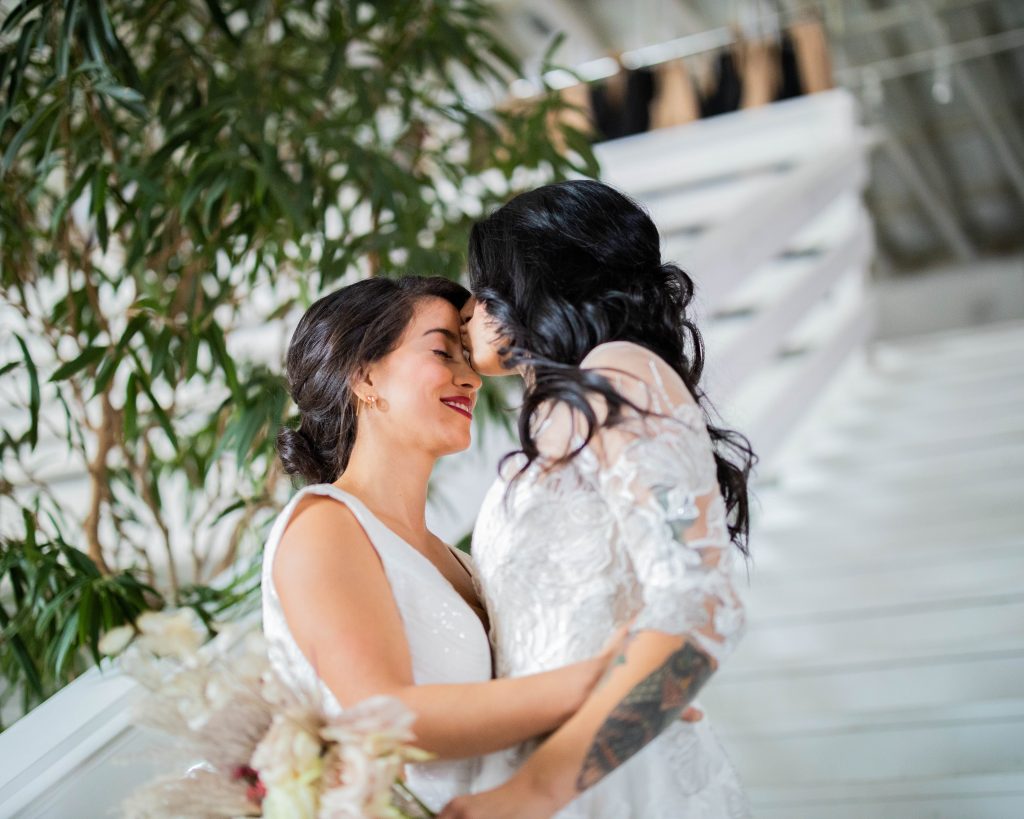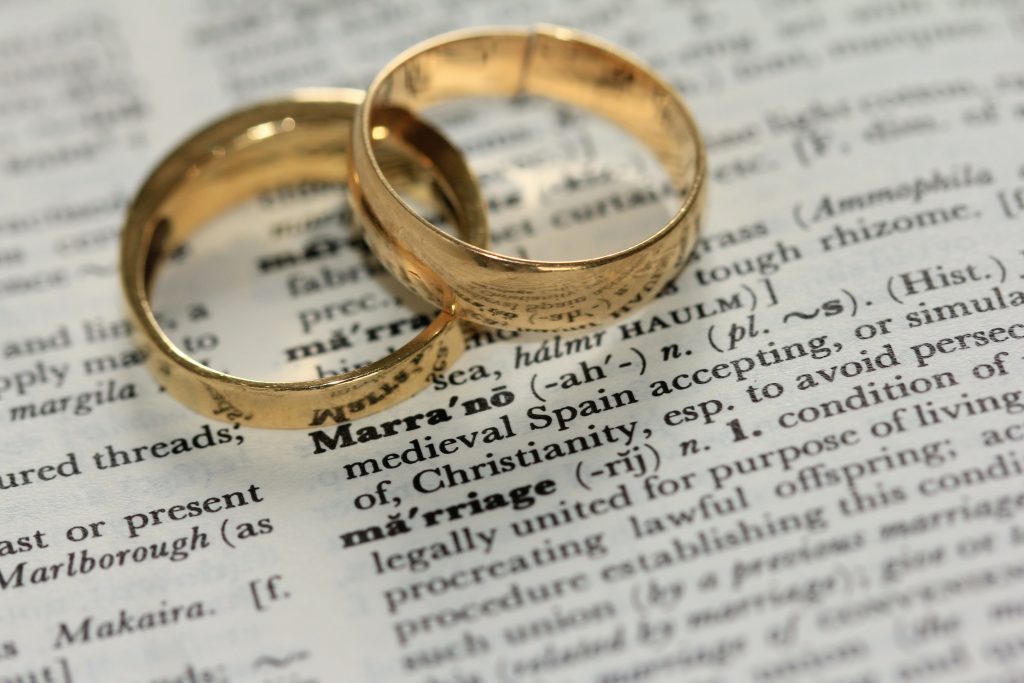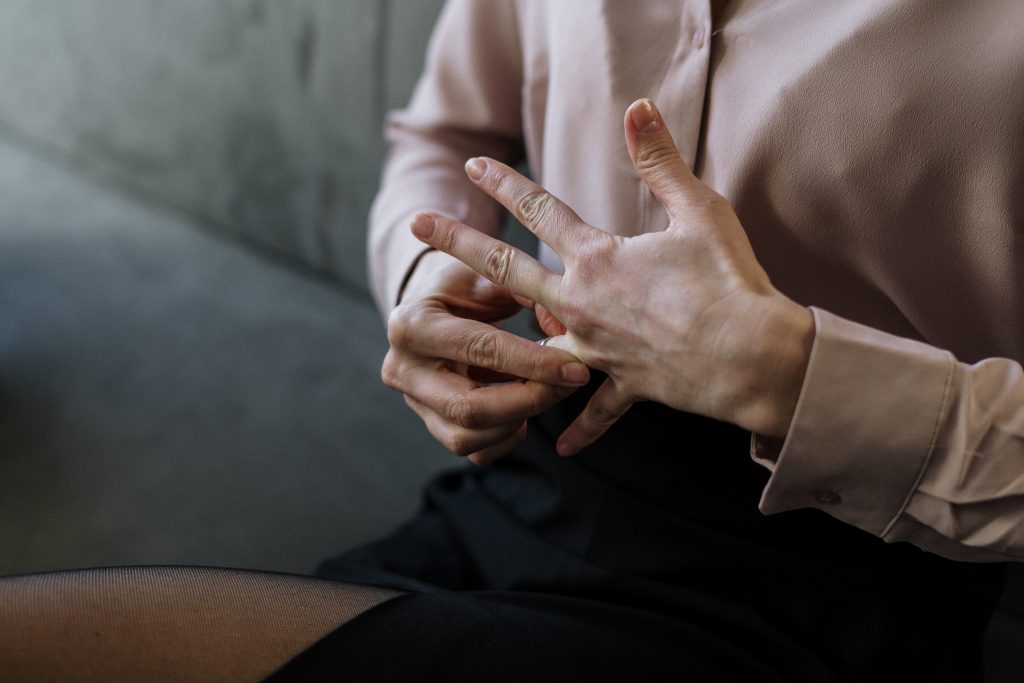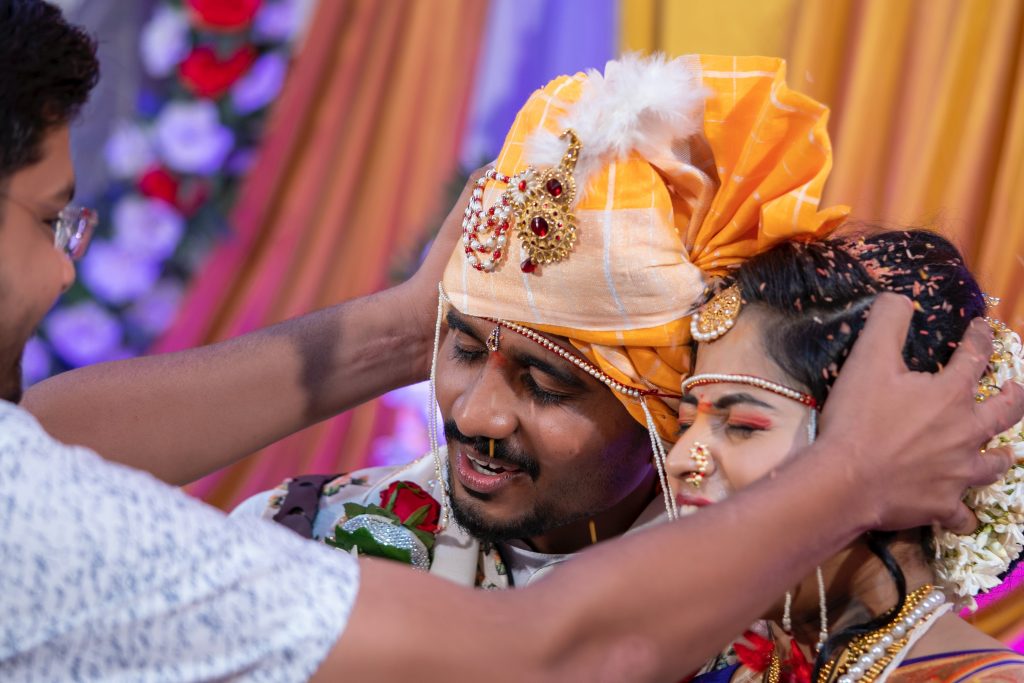Residents are encouraged to comment on a new discussion paper on the possible adoption of a single marriage statute for South Africa.
Current South African law around marriage is fragmented due to the multitude of religions and cultures recognised under the Constitution, each with its own rules around marriage. Beyond this, there are separate pieces of legislation for same-sex civil unions and opposite-sex marriages.
The South African Law Reform Commission (SALRC) drafted two bills as alternative options to unify laws under a single piece of legislation based on the Constitution. The first option is the ‘Protected Relationships Bill’. The second option is the ‘Recognition and Registration of Marriages and Life Partnerships Bill’.
The Bills seek to:
– provide for the recognition of protected relationships or of marriages and life partnerships, entered into by parties regardless of the religious, cultural or any other beliefs of the parties, or the manner in which the relationship was entered into
– provide for the requirements for entering into a protected relationship or a marriage or a life partnership
– provide for the registration of protected relationships or marriages and life partnerships
– provide for the legal consequences of entering into protected relationships or marriages and life partnerships
– provide for matters incidental thereto.
There are a number of proposals that fall underneath the Protection Relationships Bill, including a shift in the definition of a monogamous protected relationship. Under this bill, a ‘‘monogamous marriage or life partnership’ means the relationship of two people regardless of their sex, sexual orientation, or gender identity, to the exclusion of all others, unless dissolved by divorce or death of one or both parties
The Protected Relationships Bill refers to a ‘protected relationship’ as
– any subsisting marriage concluded in terms of the Marriage Act, 1961 (Act No. 25 of 1961) or any old order marriage legislation or any other prior legislation before the commencement of this Act
– any subsisting marriage or union concluded in terms of the Civil Union Act, 2006 (Act No. 17 of 2006) before the commencement of this Act
– and any subsisting customary marriage concluded in terms of the Recognition of Customary Marriages Act, 1998 (Act No. 120 of 1998)
– any subsisting monogamous or polygynous marriage or relationship concluded or entered into in terms of the tenets of any religion or culture before or after the commencement of this Act
– any life partnership, where the parties cohabit and have assumed permanent responsibility for supporting each other
In terms of option two in the Recognition and Registration of Marriages and Life Partnerships Bill ‘marriage or life partnership’ means
– any subsisting marriage concluded in terms of the Marriage Act, 1961 (Act No. 25 of 1961), old order marriage legislation or any other prior legislation before the commencement of this Act;
– any subsisting union or marriage concluded in terms of the Civil Union Act, 2006 (Act No. 17 of 2006) before the commencement of this Act;
– any subsisting customary marriage concluded in terms of the Recognition of Customary Marriages Act, 1998 (Act No. 120 of 1998;
– any subsisting monogamous or polygynous marriage or relationship concluded or entered into in terms of the tenets of any religion or culture before or after the commencement of this Act;
– any life partnership, where the parties cohabit and have assumed permanent responsibility for supporting each other.
The minimum age to enter into a protected relationship or marriage or life partnership is 18 years, without exception.
Respondents are requested to submit written comment, representations or submissions to the Commission by 31 March 2021 for the attention of Pierre van Wyk to the following address: The Secretary South African Law Reform Commission Private Bag X668 Pretoria 0001 E-mail: [email protected]
Read the full proposal here: dp152-prj144-SingleMarriageStatute-Jan2021
Picture: Pexels









